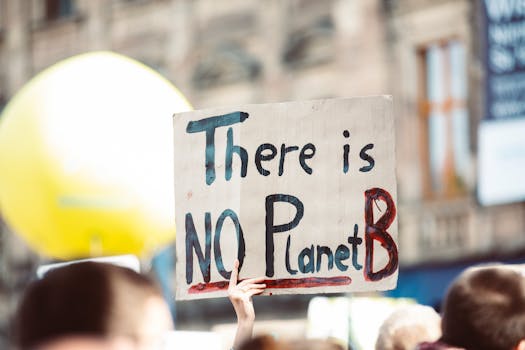
Understanding Climate Change
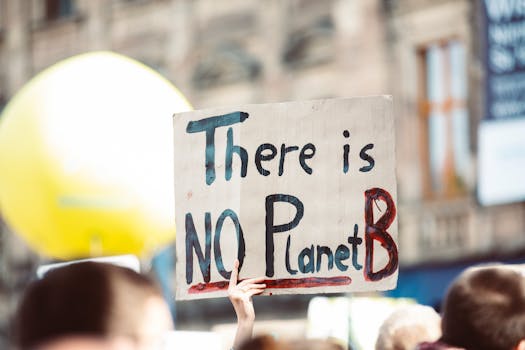
Climate change refers to long-term shifts in temperatures and weather patterns. While natural processes contribute to this phenomenon, human activities, particularly fossil fuel combustion, have accelerated it significantly. The focus keyword, ‘climate change,’ emphasizes the urgency of understanding these impacts.
Impacts on Ecosystems
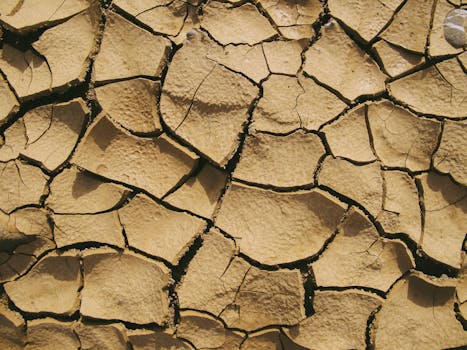
One of the most profound impacts of climate change is on ecosystems. As temperatures rise, habitats are altered, and species face extinction. Coral reefs, for instance, are experiencing bleaching caused by warmer waters, leading to a decline in marine biodiversity.
Social and Economic Consequences
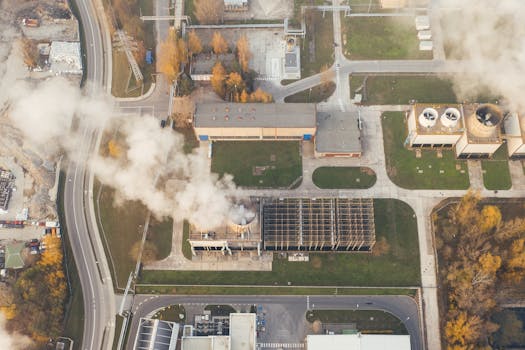
Climate change affects not only the environment but also social structures and economies. Extreme weather events, such as hurricanes and floods, lead to displacement and increased poverty levels. Communities are forced to adapt, often at great expense.
Environmental News Coverage
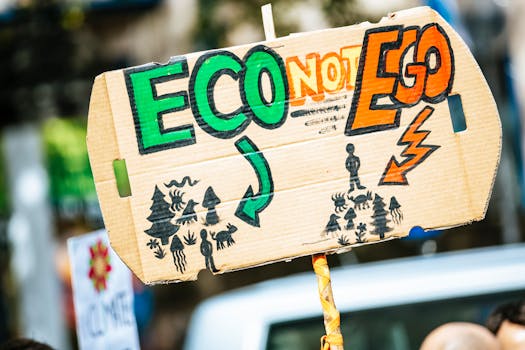
Environmental news coverage plays a critical role in shaping public perception and policy regarding climate change. Media outlets have increasingly focused on climate-related stories, raising awareness and influencing government action. However, the challenge remains in combating misinformation and ensuring that accurate information reaches the public.
The Future of Climate Awareness
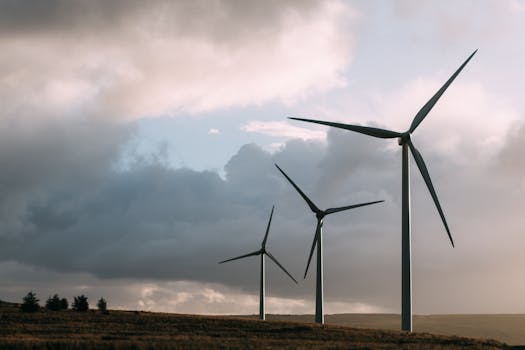
Moving forward, the importance of climate change awareness cannot be overstated. As individuals, we must advocate for sustainable practices and support policies aimed at reducing carbon emissions. Collaborative efforts between governments, organizations, and the public are essential to combat the ongoing crisis.



